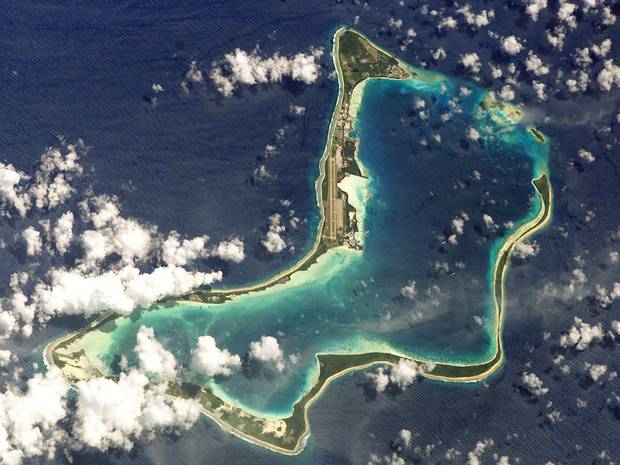In March, the United States Navy presented its Northwest Testing and Training Plan (NWTT) to civilians. This gave both sides a chance for discourse on growing concerns that military expansion may actually be a danger to the marine ecosystem. Such a public forum has occurred in the past, during which it was found that the public really did not hold much sway over the Navy’s activities. While the public defended the ecosystem and spoke on the endangerment of marine wildlife, they walked away without much assurance that their words had landed firmly on officials’ ears.
Navy officials who responded to the public’s cries to delay, slow down, or even cancel the NWTT were less than sympathetic. Their basic response was that, while it may be true that military activities at sea have had some impact on marine wildlife as well as the ecosystem of the world at large, it is difficult to tell in the grand scheme of things how large their impact has really been. After all, pollution and endangerment would continue to be widespread problems even if the military were to cease to exist entirely.
While it is difficult to judge their precise impact, it is not impossible. The American military as a whole accounts for the vast bulk of the nation’s gas and oil usage, leading the Earth in greenhouse gas pollution. They are not required, however, to break these numbers down, meaning that the impact of the Navy itself cannot be precisely measured. This means that their own part in greenhouse gas pollution and their effects on the marine ecosystem cannot be given numbers.
The Executive Office of the President actually issued command not long ago that the government was to cut down on its fuel use. In a strange decision, the military was not included in this command, despite the fact that they make up over 90% of such usage. Therefore, the Navy was not asked to pay any further heed to the marine ecosystem while it conducted its planning of the NWTT, the Counter Punch reports.
Given the use of radioactive substances in certain Navy submarines, bases, and assorted weaponry, the effects on marine wildlife as well as the overall ecosystem of the planet, could be extensive. Despite this, they are more likely to receive an increase in funds than they are to receive any sort of orders to decrease nuclear research. While the public was candid with the Navy about these issues during the public forum, whether or not the military has any further measurable effects on the marine ecosystem will have to be seen in time.
